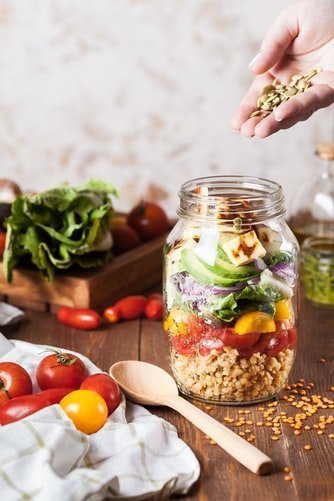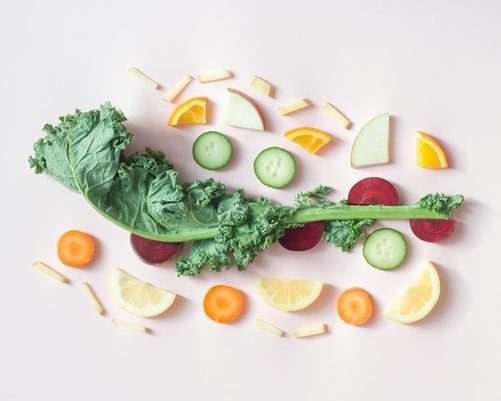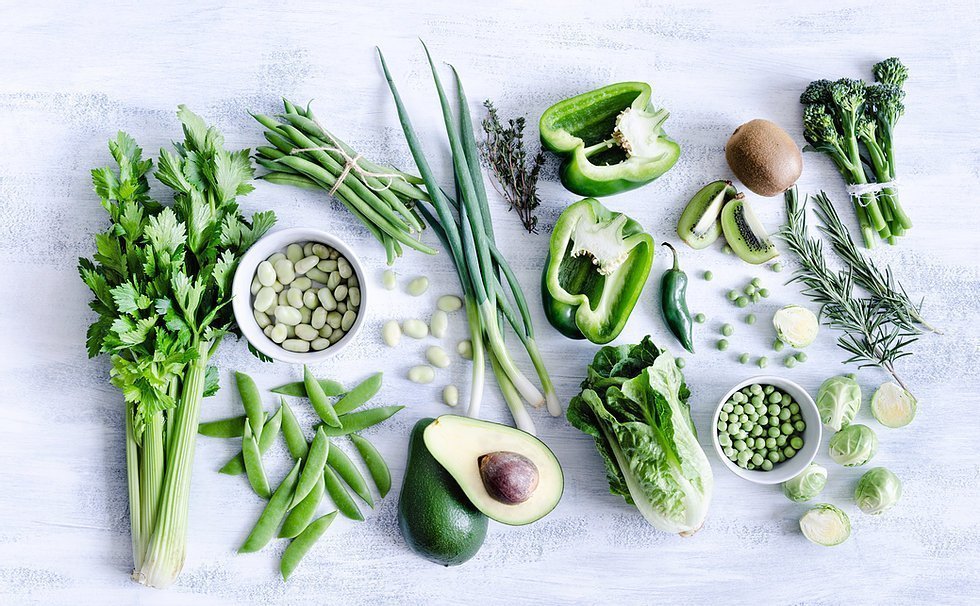Anti-inflammatory food is what our body needs to ease and cool inflammation. And it is this type of food that our body thrives on. Our food plays a large role in how our body operates.
And it is important to eat good food in order to be healthy and fit. To put it simply, when we feed our bodies what they thrive on, our bodies can thrive!
The term “anti-inflammatory diet” gets thrown around in nutrition conversations a lot these days. So we are going to discuss firstly what inflammation is and how it can impact our health. Then we will explore which foods are considered highly anti-inflammatory, and the types of food that may help to reduce inflammation.
What is inflammation?
Inflammation is the body’s normal response to infection, injury or disease. It can be divided into 2 main categories:
 Acute inflammation – This type of inflammation usually occurs for a short (and often severe) duration and is the type that restores your body to its state before the injury or illness. This could be your ankle swelling when it is sprained, or a sore throat due to infection.
Acute inflammation – This type of inflammation usually occurs for a short (and often severe) duration and is the type that restores your body to its state before the injury or illness. This could be your ankle swelling when it is sprained, or a sore throat due to infection.
Chronic inflammation – is slower (and generally less severe) type of inflammation and typically lasts longer than six weeks. It can spread throughout the body often undetected for some time.
This long-term chronic inflammation can lead to a number of symptoms and affect your body in many ways.
Common symptoms of chronic inflammation can include:
- body pain, stiffness and pain in joints
- constant fatigue and insomnia
- depression, anxiety, and other mood disorders
- gastrointestinal issues, like constipation, diarrhea, and acid reflux
- weight gain
- frequent infections
It is also linked to the increased risk of heart disease and stroke, and also associated with a higher risk of cancer, diabetes and other chronic conditions
There are a number of factors that can lead to chronic inflammation. And yes, food is one of them. However, some foods are are anti-inflammatory in nature and may assist the body in combating inflammation and allow it to constantly thrive and heal.
What is an anti-inflammatory diet?
An anti-inflammatory diet focuses on foods that create balance and harmony in the body. It is a diet full of food that is cooling, calming and healing.
It prioritises eating whole foods that contain prebiotics, fibre, antioxidants, and omega 3 fatty acids and reducing foods that are pro-inflammatory.
 Foods to increase
Foods to increase
Vegetables + Fruit – High fruit and vegetable intake and consisting of all colours of the rainbow. Including a variety of dark leafy greens, cruciferous vegetables such as cauliflower, broccoli and kale and colourful fruits such as berries, tomatoes, orange and yellow fruit.
Legumes – Adzuki beans, chickpeas, lentils, kidney beans, black beans and including fermented soy products such as miso, tempeh, tofu and edamame.
Nuts and seeds – walnuts, pecans, almonds, and flax.
Whole grains – quinoa, steel-cut oats, brown rice.
Herbs – Use both fresh and dried herbs and spices as much as possible. Some great choices are turmeric, fenugreek, ginger, cinnamon, garlic, basil, oregano, parsley, thyme, rosemary.
Foods to reduce
- processed and packaged foods
- trans fats
- fried foods
- preservative and additives
- excess sugar
- excess salt
- alcohol
- caffeine
It is important to continually aim for balance and vitality in the body in order to maintain optimal health and wellbeing. This means feeding our body what it requires to function at its best.
Resources : Mayo clinic and Healthline


